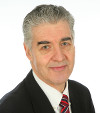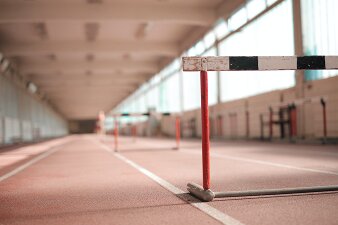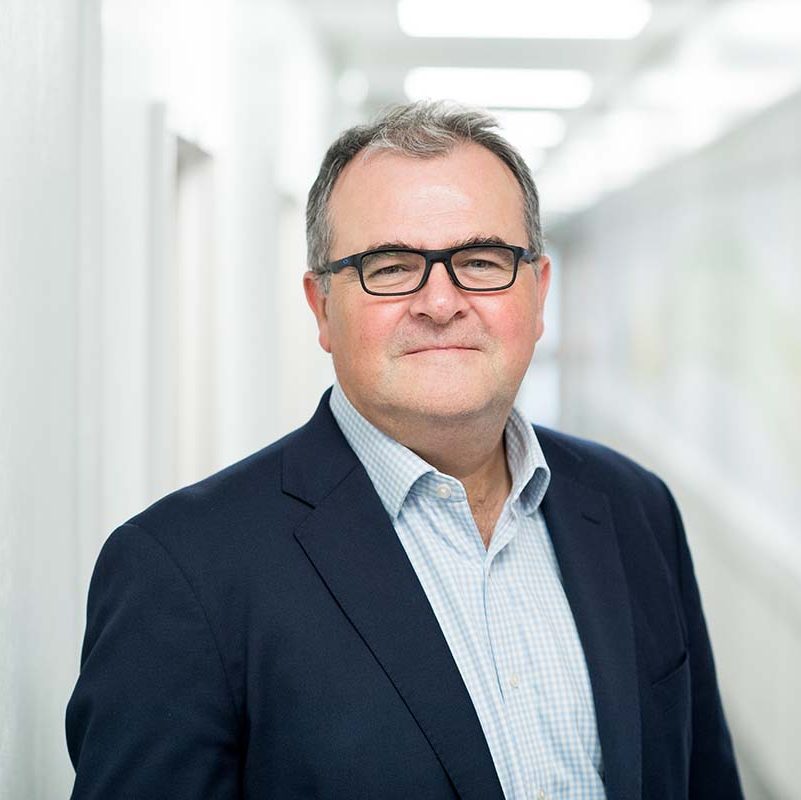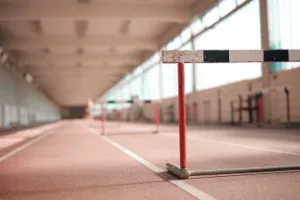Thanks to an eagle-eyed reader for giving me a “heads-up” about developments in a story that I wrote a couple of years ago. It was about Nanoco and its patent dispute with Samsung. (David vs Goliath or ……?)

 I rarely write much about patents as it’s a very complicated area and to really get your head around it, it takes a lot of study and experience. However, there has been a significant step in this particular dispute.
I rarely write much about patents as it’s a very complicated area and to really get your head around it, it takes a lot of study and experience. However, there has been a significant step in this particular dispute.
For those that want a quick summary, Nanoco is a British developer of cadmium-free quantum dots. The company took action against Samsung because it said that when Samsung started to make its own QDs, it used technology copied from Nanoco with whom it had been collaborating since 2007. Samsung broke the relationship off in 2013. Samsung has a policy of not using cadmium in any products so the cadmium-free aspect of the QDs was important. QDs using cadmium are more efficient than those without.
Nanoco did not have the cash to take on the Korean giant in a patent dispute, but found a firm to work with that was convinced it could win and was prepared to help it financially for the struggle. That company is Mintz.
First Hurdle Over
Now, a key hurdle has been overcome, the first of two big obstacles. A US Patent Trial and Appeal Board has ruled that the key five patents are valid and the company won on all 47 of the claims in the patents. The second hurdle for Nanoco and its lawyers to surmount is for it to prove that Samsung infringed on those patents. A trial is set for September this year after attempts to delay by the Korean firm had failed, Nanoco said. Samsung is using a firm of lawyers that the Times described as ‘heavy hitters’ (Kirkland & Ellis, also described as “one of the world’s largest, and most expensive, law firms”.
 Nanoco has had a difficult time in recent years, with the staff reduced by two thirds to around 40 and with costs reduced in the same proportion. A new CEO, Brian Tenner (right), took over as CEO in September 2020, after the litigation was started in the preceding February. Tenner told the Times that losing potential business with Samsung was like ‘being jilted at the altar’. The firm has also been described as losing another ‘key customer’ in 2019 and has been focusing away from the QD business towards sensors for iris recognition and gesture control while the court case rumbles on. Nanoco raised £5.65 million ($6.7 million) in a placing of shares in June which will see the firm funded into 2024.
Nanoco has had a difficult time in recent years, with the staff reduced by two thirds to around 40 and with costs reduced in the same proportion. A new CEO, Brian Tenner (right), took over as CEO in September 2020, after the litigation was started in the preceding February. Tenner told the Times that losing potential business with Samsung was like ‘being jilted at the altar’. The firm has also been described as losing another ‘key customer’ in 2019 and has been focusing away from the QD business towards sensors for iris recognition and gesture control while the court case rumbles on. Nanoco raised £5.65 million ($6.7 million) in a placing of shares in June which will see the firm funded into 2024.
In the sensor business, Nanoco has a framework agreement with STMicroelectronics.
The result in the initial case about the patent validity could be significant as there is a view ‘from the City’ that the damages could be as much as £500 million ($600 million), five times the capitalisation of the firm before the hurdle was cleared. The share price has rallied, as you would expect, since then.
The other surviving ‘pure play’ QD developer, Nanosys, has also been developing cadmium-free quantum dots and supplying them since 2015*. A year ago, there was much talk about a possible IPO via a SPAC, but IPOs and SPACs have both fallen out of favour for now, so the company remains a private company. Crunchbase reports that Nanosys has raised $185 million, but as this is not my area of expertise, I’m not sure how reliable that data is, although Nanosys tends to release its funding information, so it should be ‘there or thereabouts’.
Anyway, I shall be watching out for the result of the second hurdle attempt with interest. (BR)
After publication, Nanosys reminded me that it has previously said that three of the top 5 brands are shipping TVs with 100% heavy metal-free QDs made by Nanosys. We’re also about to post a release about a new round of investment for the firm, which confirmed that since the firm ‘refocused around QDs in 2012’ has had investment of less than $100 million.

